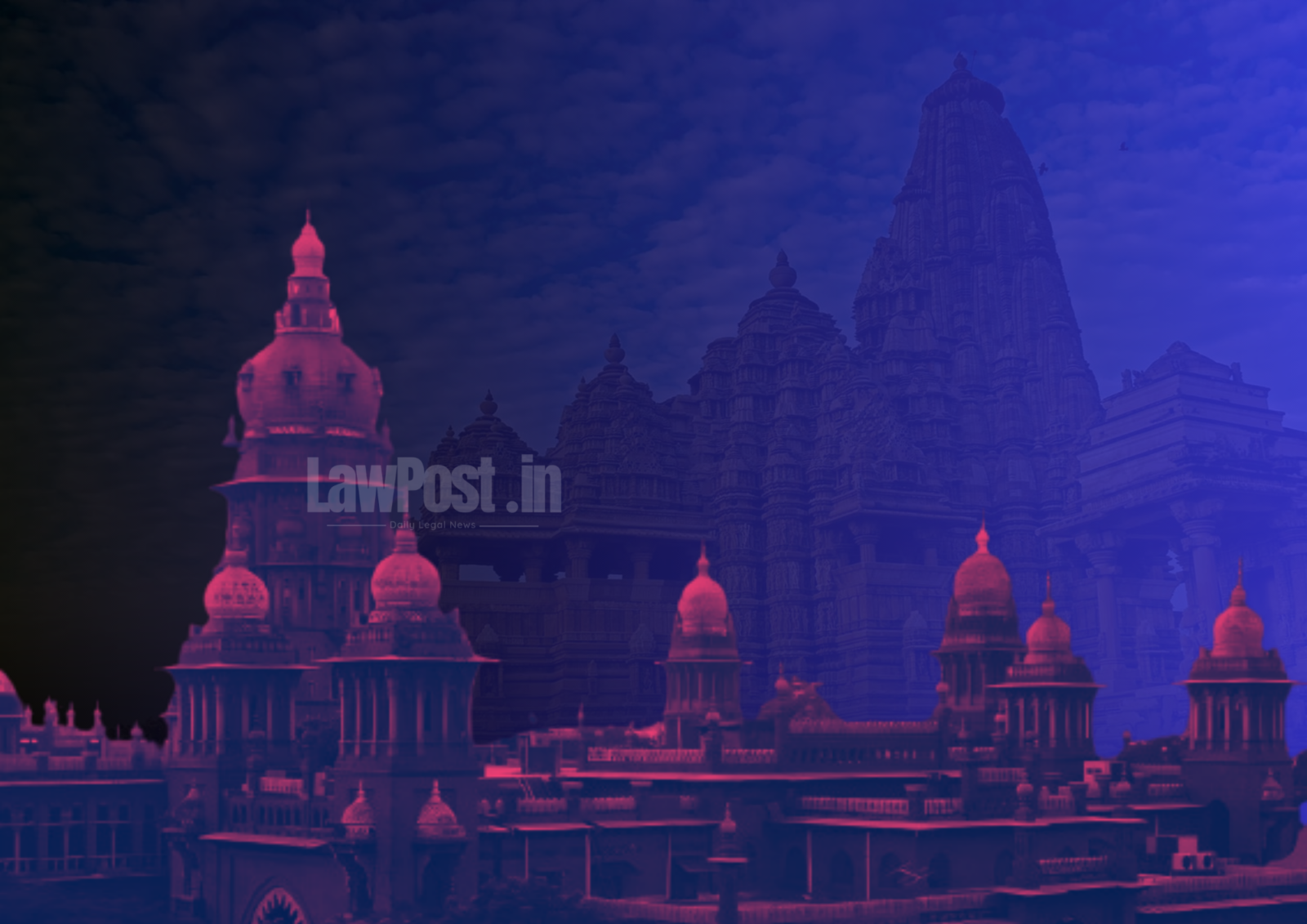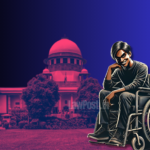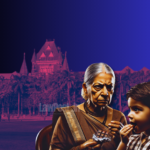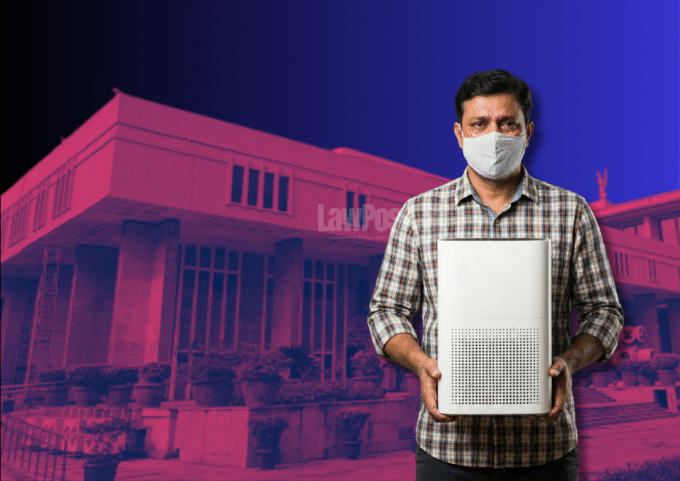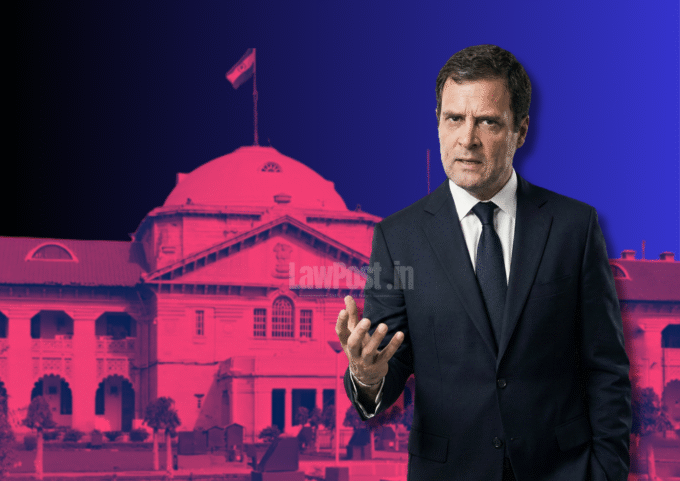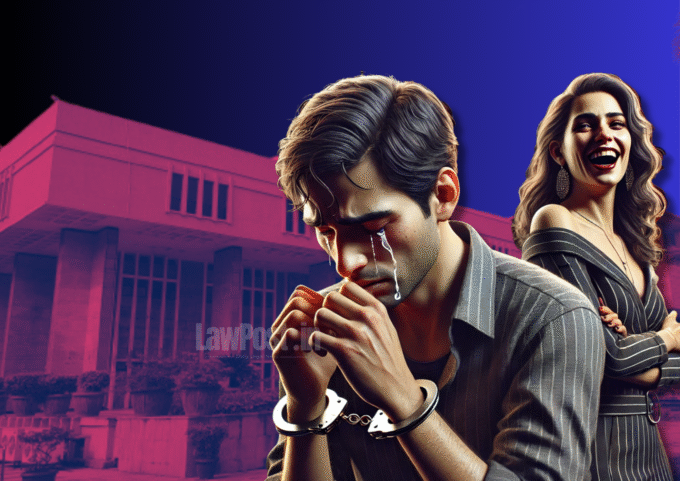In a significant ruling, the Madras High Court has allowed the Chennai Metro Rail Limited (CMRL) to proceed with its original plan of acquiring land near two temples for constructing a metro station, emphasizing that such projects serve public welfare.
Justice N Anand Venkatesh remarked that religious institutions are not exempt from land acquisition if it serves a greater public purpose. Citing a Kerala High Court judgment, he stated, “For the development of the National Highway, if the religious institutions are affected, God will forgive us.” He further added, “The Almighty would undoubtedly shower his kindness for the development of a metro rail station, which will benefit lakhs of people.”
The case arose after temple devotees, represented by the Aalayam Kaapom Foundation, opposed the acquisition of land near Rathina Vinayagar Temple and Durgai Amman Temple. In response, CMRL proposed acquiring land from United India Insurance instead. However, United India Insurance challenged this move, arguing that the decision was taken behind its back despite it having spent ₹250 crores on developing the site after obtaining necessary clearances, including an NOC from CMRL itself.
The Court found that CMRL’s actions amounted to a “gross violation of the principles of natural justice”, as the company was not informed of the proceedings. Justice Venkatesh criticized the process, stating, “The 5th respondent (organisation of temple devotees), the CMRL, and the State Authorities appear to have staged their Hamlet, without the Prince of Denmark.”
The Court quashed the land acquisition notice against United India Insurance and ruled that CMRL could return to its original plan of acquiring temple land, emphasizing that no temple demolition would be required—only minor space constraints and temporary relocation of a gopuram and deity.
While the Court refrained from imposing exemplary costs, it urged the State and petitioners to understand the true spirit of Swami Vivekananda’s words: “The highest aim of religion is to unite mankind and serve humanity.”
Case: United India Insurance company vs State of Tamil Nadu and ors. – Available on LAWFYI.IO


